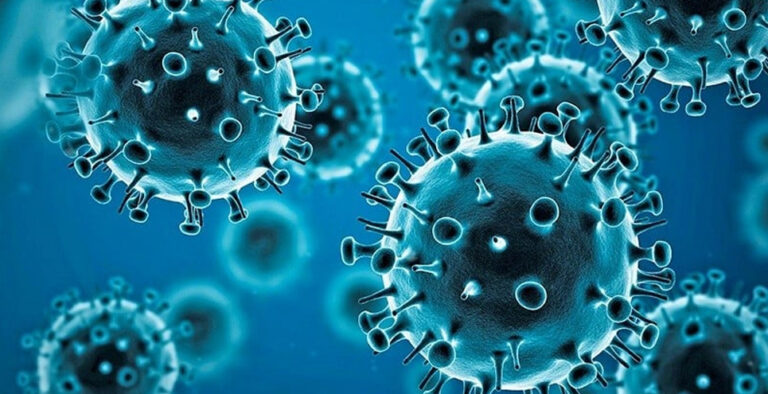
Abu Dhabi, July 27, 2023: The World Health Organization (WHO), on July 10, was notified of a case of the Middle East Respiratory Syndrome Coronavirus (Mers-CoV) in Abu Dhabi’s Al Ain, raising concerns among health authorities and the public. The infected individual is a 28-year-old man who tested positive in June following a PCR test. No secondary cases were detected among the 108 contacts who were closely monitored after their last exposure to the patient. Here’s a look at what Mers-CoV is, how it spreads, the symptoms it causes, possible treatments, and preventive measures.
What is Mers-CoV?
Middle East Respiratory Syndrome (Mers) is a viral respiratory infection caused by the Middle East Respiratory Syndrome Coronavirus (Mers-CoV). It poses a significant threat to both humans and dromedary camels. According to the WHO, roughly 35 per cent of MERS-CoV patients have not survived the infection. However, this figure may be an overestimation of the real fatality rate because mild cases of MERS-CoV may not be detected by present surveillance methods.
How do you get infected?
Mers-CoV is predominantly a zoonotic virus, which means it may spread from animals to humans. Infection is spread mostly through direct or indirect contact with infected dromedary camels. However, the specific route of transmission is not entirely understood yet, as WHO says that the virus can be spread between humans too. So far, non-sustained human-to-human transmission has been reported in close encounters and in clinical settings. There has been very little human-to-human transmission outside of the healthcare setting.
Notably, the most recent case identified in Abu Dhabi had no history of interaction with dromedaries, goats or sheep, demonstrating the virus’s complexities.
What are the symptoms?
Mers-CoV infection can cause symptoms ranging from asymptomatic or moderate respiratory difficulties to severe acute respiratory illness and even death, says WHO. Fever, cough and shortness of breath are common symptoms. Pneumonia is a frequent complication; however it is not always present. The virus may also cause gastrointestinal symptoms such as diarrhoea. People with pre-existing medical illnesses, compromised immune systems and chronic diseases are more likely to develop severe sickness, necessitating intensive care and mechanical ventilation.
There is currently no Mers-CoV vaccination or treatment. The main approach is supportive treatment depending on the clinical condition of the patient. However, ongoing clinical trials are aimed at developing Mers-CoV-specific vaccines and treatments.
Preventive measures are critical in curbing the virus’s spread. As per WHO guidelines, anyone visiting farms, marketplaces and barns where dromedary camels and other animals are present should take general hygiene precautions. This involves cleaning hands before and after touching animals, as well as avoiding contact with sick animals. To reduce the risk of illness from numerous pathogens, avoid ingesting raw or undercooked animal products such as milk and meat.